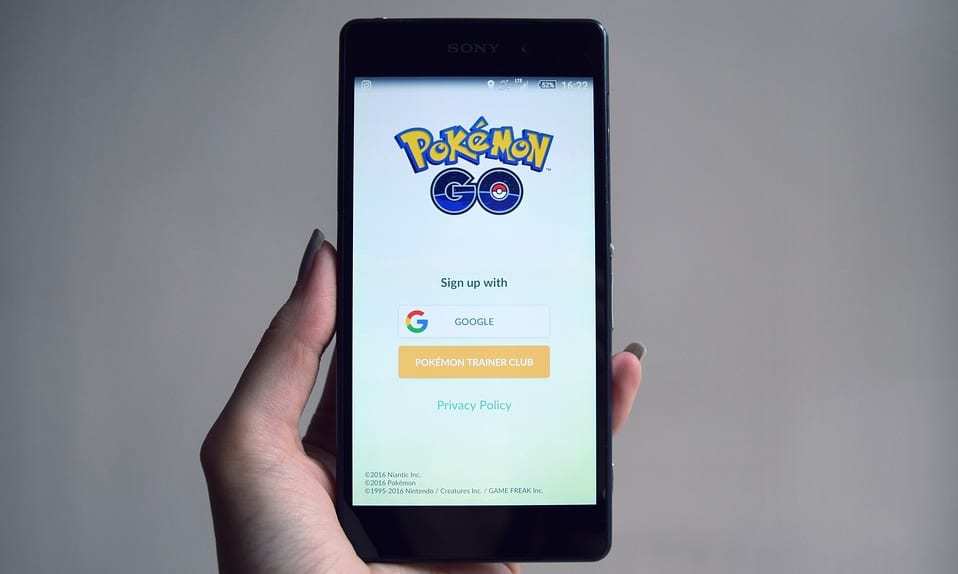The mobile app fad practically took over the world during the summer of 2016, leaving problems behind.
Pokémon Go was one of the hottest mobile app crazes the world has ever experienced. Moreover, it was by far the most popular example of augmented reality to date. That said, while the application’s use has faded away, many of the problems it caused continue to exist.
Unfortunately, some of the AR app users failed to exercise common sense while they played.
As a result, many homeowners experienced a significant amount of trespassing. As Pokémon Go players did their best to try to “catch ‘em all,” they didn’t care who owned the properties they trampled. Some tromped across private land, startling homeowners and ruining carefully tended gardens.
Those traumatized homeowners are about to finally get their day in court. At the end of last week, a federal judge in a San Francisco court gave the nod to a lawsuit against Niantic Inc. Niantic is the developer behind the augmented reality game app. Private property owners will now be able to sue the company in a trespassing case.
Property owners are suing Niantic for sending Pokémon Go users onto their land to catch virtual monsters.
The augmented reality game was first launched in July 2016. It was an instant success. Players around the world fell over themselves trying to succeed in the game. It required them to use their smartphones to search the physical geographical area around them to find AR monsters they could catch.
Players were all but addicted to the game and headed out in droves to try to capture more of the digital monsters. Bloomberg reported that one couple in Michigan watched the transformation of their “once quiet street degenerated into a nightmare.” The same media outlet reported on a New Jersey resident that had a digital Pokémon in his backyard and found a regular stream of unwanted visitors regularly making their way in to try to catch it.
U.S. District Judge James Donato specified about the Pokémon Go case that it wasn’t regarding Niantic’s trespassing due to placement of “virtual objects” on private property. Instead, it was because game players were encouraged to trespass on that private property in order to obtain the virtual objects. Nintendo was dismissed from this litigation in April 2017.

